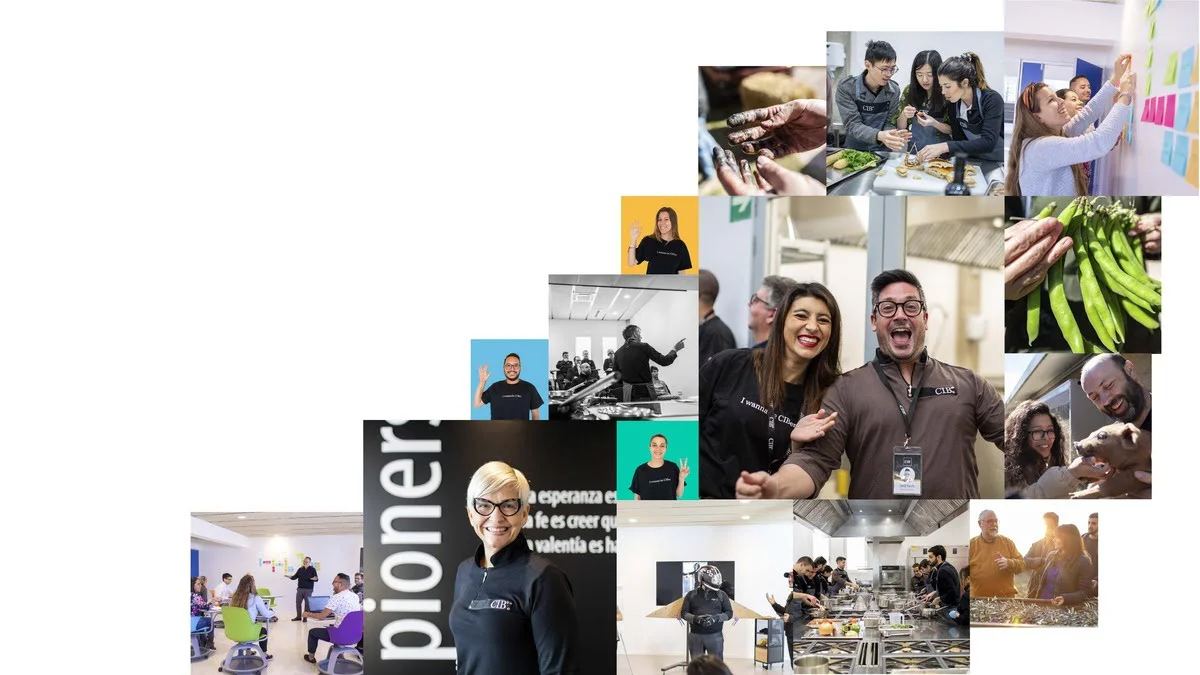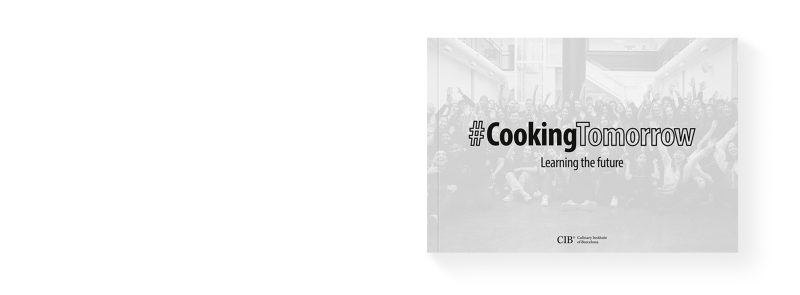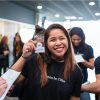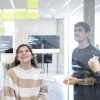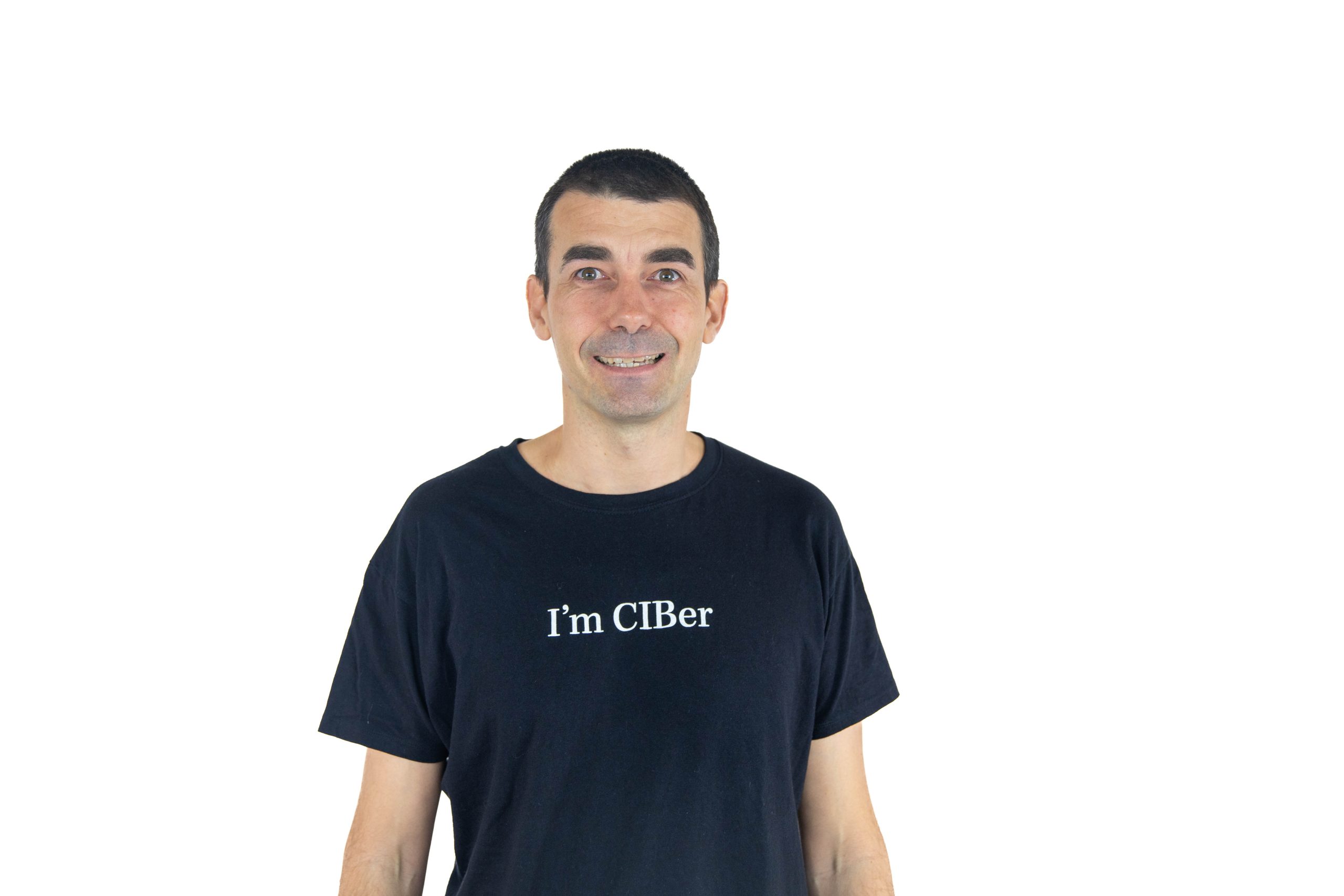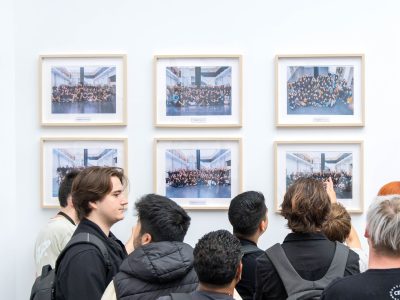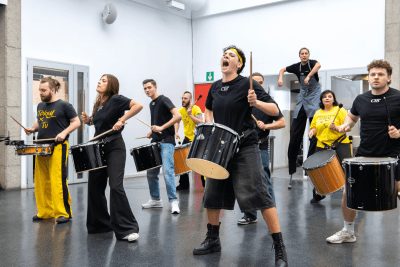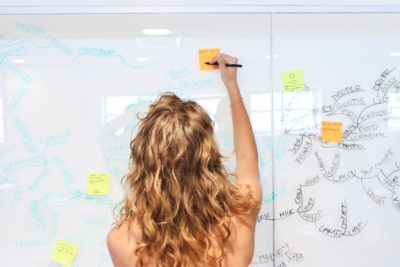After more than a decade studying the Millennial generation, the Pew Research Center observed in 2018 that the oldest of this generation were going to turn 38 years old and decided to establish another generational cut to continue investigating the characteristics of the new young people. Thus, this prestigious research center determined that people born between 1981 and 1996 would be considered Millennials, and those born after 1997 would already be considered a new generation, popularly now known as Generation Z. From the dictionary Merriam-Webster even Google trends have already introduced this concept in their posts.
How Gen Z Interacts
A detailed Hubspot study highlights some important characteristics of this generation, some of which we collect here:
- More than 74% of Gen Z spend their free time online.
- 66% state that they use more than one device connected to the internet at the same time.
- In the U.K, for example, you spend an average of 10.6 hours online, every day!
- Almost 75% mostly use the smartphone before the computer or other devices.
- 73% use their device connected to the internet to communicate with friends and family.
- They spend an average of 11 hours on their mobile devices per week.
- They use streaming video for about 23 hours a week.
- Interest in interactivity and “choose your adventure” content is growing, with 53% saying they would like to be able to choose the plot of a movie or show they are streaming.
- 55% say that they can be more creative in social applications and the Internet than offline.
- On average, they pay attention to content for 8 seconds, 4 less than the millennial generation.
- Despite their connection on social networks, 51% prefer to communicate with co-workers, friends and family face to face, rather than through messages.
- 59% are willing to learn new skills if they will have a higher salary for it..
What Gen Z Thinks About Educational Models
In the same vein, a Linkedin study on generation Z and learning highlights the following elements:
- 76% of Gen Z professionals feel that the skills needed on the job are different from those needed by generations past. And 91% of current managers agree that the skills needed today have changed.
- 59% do not feel that their work will exist in the same way in 20 years.
- 46% say they would learn to get a promotion, but only 23% of their managers think that a promotion would motivate Generation Z to learn.
- 62% of Gen Z recognized that “hard” skills had changed faster than ever and that they are more important than “soft” skills. Here, managers disagree (they give more importance to soft skills), and 61% believe that this generation will need extra support to develop these soft skills (or lateral skills) and navigate through such a changing world of work.l
Another study by the consulting firm McKinsey highlights that the search for the truth is at the center of the behavior of the people of this generation. They value individual expression, avoiding labels, as well as deeply believe in the efficacy of dialogue to resolve conflicts and improve the world. And while the millennials were called the “Me generation” the Z are called the “True Gen”.
In an attempt to explain who and what Gen Z are, this FORBES article details that while millennials started the multiscreen trend, Zs can control up to 5 screens at once. They communicate better with images, create content, look to the future and are realistic. The article explains that this generation stands out for being self-taught, self-sufficient and creative. Most pursue a job that impacts the world, volunteer and show concern for the impact that human beings have on the planet. They are used to solving problems and needs in a personal and focused way. 72% do not think to receive orders from a boss, they are willing to undertake and be their own bosses.
If we look for example in university settings, Pearson published a very detailed infographic of the perception of this generation in relation to education:
- 78% think that their teachers are very or extremely important in their learning and development
- 39% prefer to learn with a teacher leading the teaching. While in millennials it was only 25%.
- 57% prefer in-person activities with classmates.
- Only 22% prefer self-directed learning.
- 47% spend 3 hours or more per day on YouTube
- 55% state that YouTube has contributed to their education, learning and / or personal development in the last 12 months.
- 47% like to use interactive learning applications or games to learn.
How education for the new generation should adapt
Following the analysis of trends in education, a report by eLerarningIndustry, details 9 elements that will shape the education of the future::
- Diversity in time and space: e-learning tools facilitate self-directed and remote learning opportunities.
- Personalized learning: students will learn at different rates with challenges and tasks that allow them to progress in complexity and difficulty.
- Free choice: students will be able to personalize their learning process, either with different devices, programs, tools and techniques depending on their preferences.
- Project-based: it will be very important to learn how to apply the knowledge and skills acquired to a wide variety of situations, and for them, project-based learning will allow them to develop the organizational, collaboration and time management skills necessary for their future.
- Field experience: practical experience will be increased, offering students greater contact with “real world” experiences, directly related to the professional environment.
- Data interpretation: although manual data management will be covered by computers, data interpretation will play an important role in the programs.
- New assessment systems: The exams will change completely, currently, many exams are designed to show that knowledge has been learned, but it is quickly forgotten in the following days. The best way to measure knowledge during learning processes will revolve around the application of this knowledge in projects in the field.
- Student property: the student will be more and more the protagonist of the curriculum design, contributing their critical vision regarding content, duration, etc.Mentoring will become more important: as students gain autonomy, mentoring will be more necessary to accompany the development of students.
The OECD report “Trends shaping education” with a long-term vision, makes the following reflection:
Examining the future of education in light of global trends is key to ensuring that education contributes to the full development of individuals as competent individuals, citizens and professionals. In a complex and rapidly changing world, this could involve updating the content of education, as well as re-imagining the forms of service delivery, including the reorganization of formal and informal learning environments. – OECD (2019), Trends Shaping Education 2019, OECD Publishing
How the CIB adapts education through its own methodology
At the CIB we look to the future and design learning experiences that respond to the demands and characteristics of these new generations, as well as facilitate interaction with older people who also study with us. At the Culinary Institute of Barcelona we have created an experiential ecosystem, where age is not a determining factor, attitude is.
In a professional environment, both the youngest and the oldest will interact, so the CIB offers them the ideal environment to get to know each other and develop the skills that will allow them to perform as well as possible professionally.
And we do all this with our own methodology, which has been inspired by models such as Harvard’s ManageMentor or Design Thinking popularized by IDEO, giving great relevance to the development of creativity and innovation in a transversal way.We propose a 360º model, centered on the student, which takes into account knowledge, skills, attitudes and possibilities.
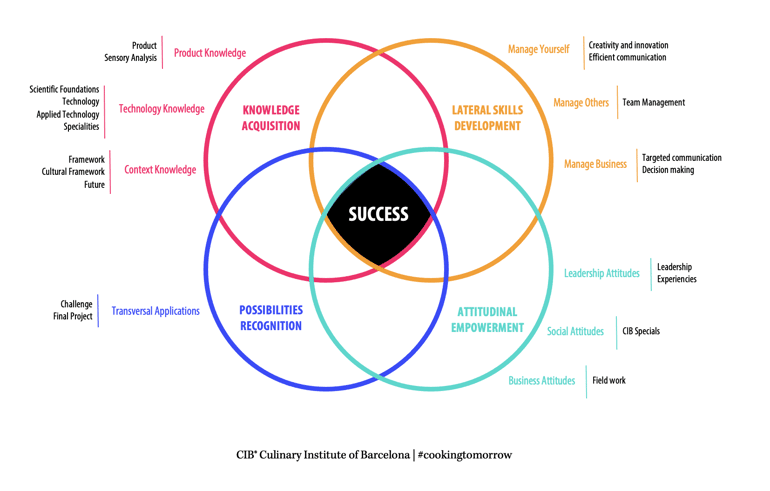
For this reason, the CIB has been designed with the diversity of settings that allow students to have very different learning experiences throughout a day or a week. From very practical and specific sessions, demonstrations by experts in a specific technique or product, debate and discussion sessions around a topic, workshops on lateral skills, creativity and innovation, to autonomous or team learning spaces and field trips to learn about the real professional environment.
We have adapted the challenge-based learning model to offer transversal learning experiences that integrate different subjects and that invite students to relate knowledge and skills to a specific objective. Some of them are proposed without knowing the possible solution.
And, furthermore, these challenges have become one of the essential parts of the evaluation process.
¿Where is the trend in education heading?
In this search for educational transversality, in response to the needs of professionals in the 21st century and as illustrated by the new trends in education, on our mid-horizon is the elimination of subjects as content containers. In an uncertain, volatile and ever-changing professional context, only those people capable of detecting possibilities in their environment and putting into practice and applying knowledge, skills and attitudes in real situations, will be the ones who will make progress. And this happens by developing a transversal 360º vision, understanding the interactions at all levels and developing a curiosity and interest in the changes that the future holds.
On the other hand, although at a macro level the student can already choose his training itinerary and spend from 3 months to almost 4 years choosing in what and how he wants to train at the CIB, we want that at the level of each program there is also this customization capacity and choice, and that each student can choose some more specific lines of specialization that respond to their needs and interests.
Finally, this customization will be reinforced with the offer of complementary online capsules, which will be transversal added value elements for all our programs. This format allows the student to choose from a diverse offer and also choose when they want to consume them (on the bus, in the subway, in the kitchen, etc.) from any device, choosing the themes that best suit their interests and needs and complement the program you are studying at CIB.
Several weeks of confinement and an unprecedented global crisis will be the starting point for many changes. Those organizations that were already looking to the future will find it easier to adapt and offer flexible and adaptable environments that respond to these needs and to many more that we still do not know today.
Links of interest
- Gen Z is here, are you ready? https://www.dell.com/en-us/dt/perspectives/gen-z.htm
- Gen Z Is Shaping a New Era of Learning: Here’s What you Should Know: https://learning.linkedin.com/blog/learning-thought-leadership/gen-z-is-shaping-a-new-era-of-learning–heres-what-you-should-kn
- 2020 Global Learning Landscape https://www.globallearninglandscape.org/
- ¿Cómo aprende la Gen Z y qué esperan de la educación? https://observatorio.tec.mx/edu-bits-blog/generacion-z-expectativas-educacion
- True Gen’: Generation Z and its implications for companies https://www.mckinsey.com/industries/consumer-packaged-goods/our-insights/true-gen-generation-z-and-its-implications-for-companies
- Gen Z Is Shaping a New Era of Learning: Here’s What you Should Know https://learning.linkedin.com/blog/learning-thought-leadership/gen-z-is-shaping-a-new-era-of-learning–heres-what-you-should-kn
- Gen Z behavior statics by Google https://www.thinkwithgoogle.com/data/genz-behavior-statistics/
- Defining generations: Where Millennials end and Generation Z begins https://www.pewresearch.org/fact-tank/2019/01/17/where-millennials-end-and-generation-z-begins/
- 52 Gen Z Stats Marketers Need to Know in 2020 https://blog.hubspot.com/marketing/gen-z-stats
- ¿Sabes qué es la “generación Z”?https://forbes.es/lifestyle/6637/sabes-que-es-la-generacion-z/
- Metodología CIB · Culinary Institute of Barcelona https://cib.education/metodologia
- Harvard ManageMentor https://hbr.org/harvardmanagementor
- Design Thinking, by Ideo https://designthinking.ideo.com/

